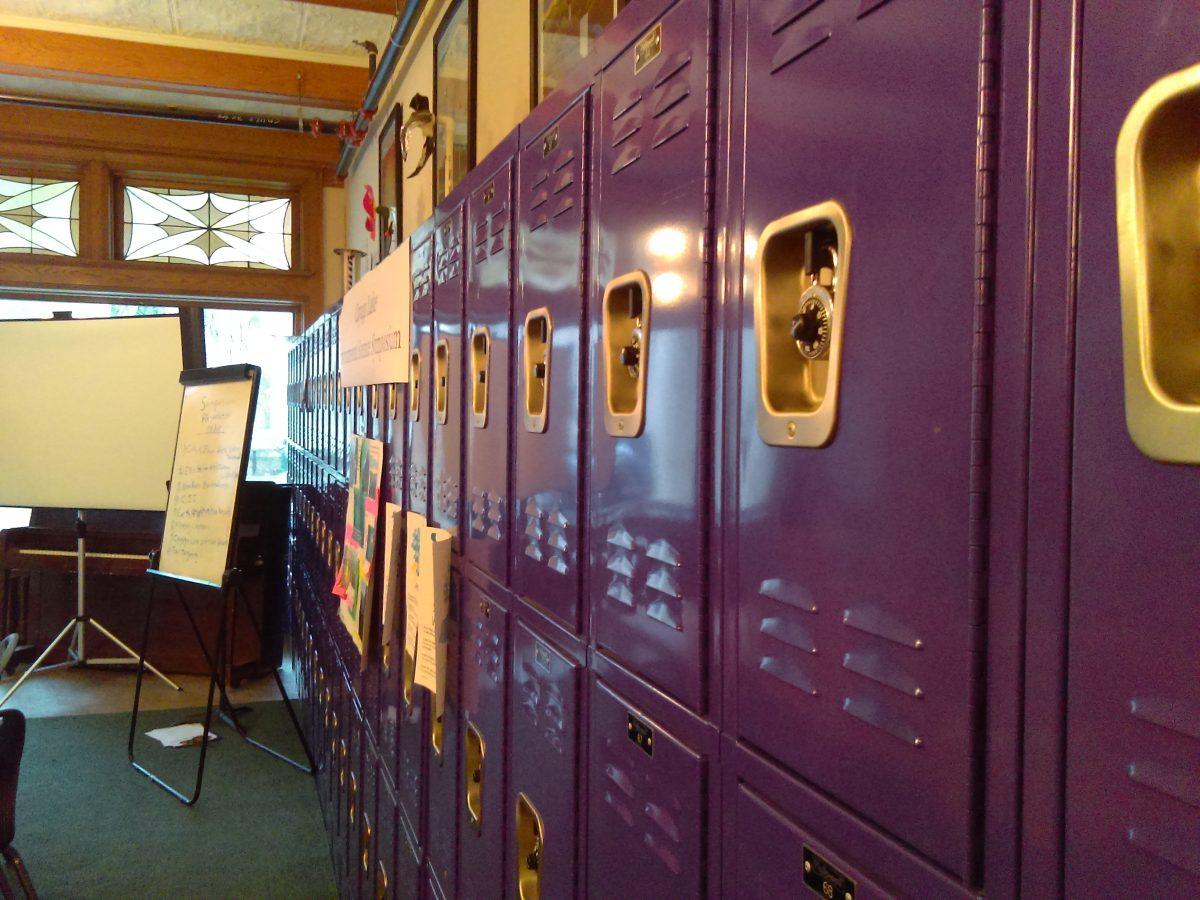After a lengthy vetting process, the New Roots Charter School in Ithaca, NY received a five-year state charter renewal, cementing its place as a strong alternative education option for Ithaca families.
Co-founder Jason Hamilton said, “So, New Roots went through a probationary contract of a few years and now we’re on steady ground for the next five [years].”
For Hamilton and the other founders of the school this is an opportunity to expand the curriculum.
Charter schools, the most recent craze in U.S. education over the past couple of years, were meant to be a solution to the problems and complaints about poor public school education. While still receiving federal funding, the school acts independently of the public system. It is run by the teachers, staff and sometimes parents who draft a charter or set of rules upon which the school functions.
This means that from one charter school to another the approaches to education and the values put forth by the school mission can vary greatly.
“We’re not like other charter schools. We really like to experiment with the learning environment to create something that furthers a child’s experience.” Hamilton went on to describe how the physical layout of the learning space, inside the Clinton House on North Cayuga street, has given the faculty an unparalleled opportunity to shape the learning environment to their own needs.

Eva, a junior at New Roots, likes the school because it aligns with many of her core values surrounding sustainability, social justice and community service. These three values make up the fundamental base of the school’s charter. She said the school helps her be more aware of the issues happening in the world right now.
“What I really like about New Roots especially is the one-on-one system with the teachers, the attention that one gets, the opportunity for academic success and for outreach in the community through internships and volunteer services,” she said.
The flexibility of private ownership is not just a boost to the curriculum but also allows the school to focus on small class sizes and dedicate resources to constantly improving the learning environment in ways that they see fit.
One of the purposes to charter schools is to act as alternatives to public education options. In Ithaca’s case that option is Ithaca High School, where practices such as grade padding, not allowing a student to get lower than 55, affect the integrity of the graduating class.
Academic dean of New Roots Jhakeem Haltom said, “[Our grading system] allows us to have a certain integrity behind who’s graduating. That meant a lot for the student body that we had, because it wasn’t like we were making special amends for them.”
Now that the school has exited the probationary period and is going to be moving forward, both Haltom and Hamilton were excited about a new feature.
“The next move that we’re publicly getting out right now is that we’re going to have an 8th grade year — we’re calling it a leap year…it will allow them to get on pace for academic standing in a ninth grade year.” said Haltom.

While the state of New York gave them a list of academic benchmarks to meet during their previous three-year renewal, they now have the freedom to pilot programs such as this.
“And after five years we’ll be up for another renewal,” said Hamilton. “But by then who knows where we’ll be.”
While the founders of the school are positive about the direction they are going in they have had their share of obstacles. For more listen to the podcast below.







